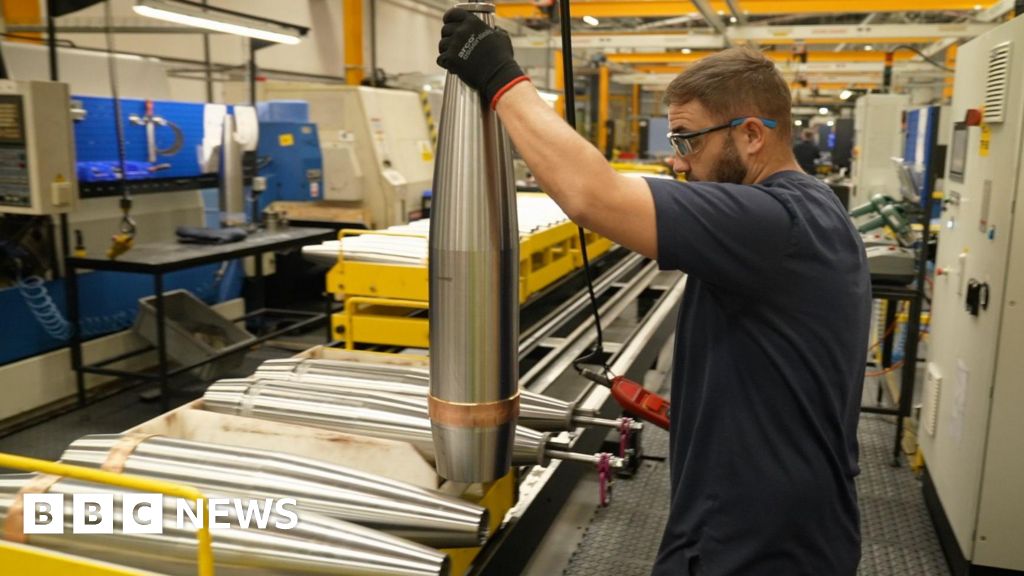ARTICLE AD BOX
Image source, Getty Images
Image caption, Foshan Haitian makes China's best-selling brand of soy sauceThe maker of China's best-selling brand of soy sauce is raising prices, in the latest sign of inflationary pressures in the world's second largest economy.
Foshan Haitian Flavouring and Food Co said it will increase the prices of its range of products by as much as 7% later this month.
The Shanghai-listed company pointed to higher costs of materials, transport and energy for the decision.
Commodity prices have been surging as the world emerges from the pandemic.
Price increases will apply to soy sauce, oyster sauce and other sauce products from 25 October, the firm said in a filing to the Shanghai Stock Exchange.
The company said the hike is aimed at making its business more "sustainable" in the face of rising costs.
Besides soy and oyster sauce, Foshan Haitian develops, makes, and distributes other products including vinegar, chicken stock, monosodium glutamate, and oil.
The company's shares were around 1% lower on Wednesday but have jumped by more than 25% in the last month.
In recent weeks, China has seen energy costs surge, while power cuts have hit some parts of the country as suppliers struggle to keep up with rising demand.
Flooding in Shanxi province, which is one of the country's key mining regions, has further complicated efforts to ease the energy shortage.
The price of coal used in China's power plants has hit record highs for three days in a row as power plants compete for the fuel.
Image source, Getty Images
Image caption, Foshan Haitian makes several other products including oyster sauceGlobal inflation concerns
In recent weeks, major global financial institutions have raised concerns about the impact of inflation on the world economy.
Last month, the Organisation for Economic Co-operation and Development forecast that, for at least the next two years, prices in the G20 group of major economies will grow faster than they did before the pandemic.
On Tuesday, the International Monetary Fund (IMF) said inflation would "stay elevated" for the next few months in countries like the UK and US and central banks needed to be vigilant.
IMF chief economist Gita Gopinath said one of the biggest problems was high inflation, particularly in the UK and US where it is running at 3.2% and 5.3% respectively.
This was partly due to a "mismatch between demand and supply", but also soaring gas prices in the case of the UK.

 3 years ago
90
3 years ago
90








 English (US) ·
English (US) ·